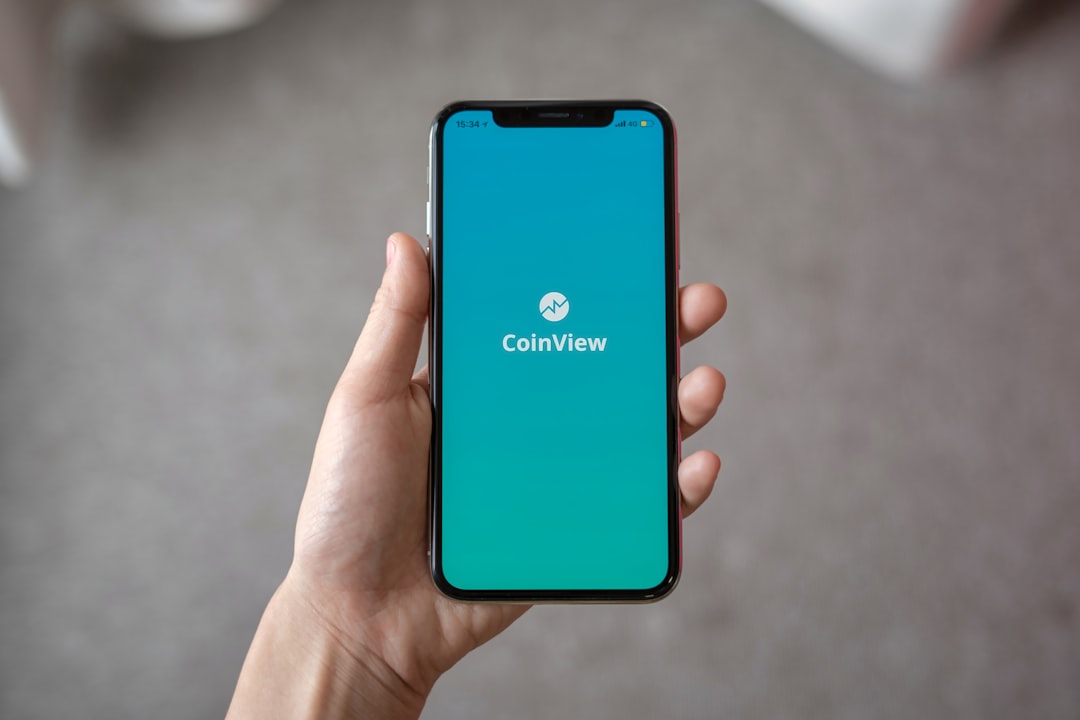Connecticut's robust debt collection laws, detailed in the General Statutes, protect consumers from abusive practices while balancing creditor rights. These laws mandate written disclosures within five days of initial contact and prohibit deceptive tactics. Understanding your rights under the Fair Debt Collection Practices Act (FDCPA) and Connecticut Fair Debt Collection Practices Act (CFDCPA) is crucial for fair debt dispute resolutions, with options including filing complaints or pursuing legal action in state courts.
“Resolving Debt Disputes Under Connecticut Laws” provides a comprehensive guide to navigating financial conflicts in this state. Understanding Connecticut’s debt collection laws is crucial for protecting your rights as a debtor. This article explores various aspects, including your entitlements during disputes, the formal process of resolving disagreements, and legal recourse against unfair debt collection practices. Furthermore, it offers practical strategies for negotiating debt settlements, empowering you to take control in managing your financial obligations.”
Understanding Debt Collection Laws in Connecticut

In Connecticut, debt collection laws are designed to protect consumers from aggressive or unfair practices by debt collectors. The state has specific regulations that govern how debt collectors can communicate with and interact with individuals who owe money. These rules ensure a balance between the rights of creditors to recover debts and the rights of debtors to be treated fairly and respectfully.
Connecticut’s debt collector laws, as outlined in the Connecticut General Statutes, cover various aspects including collection methods, disclosure requirements, and restrictions on certain practices. For instance, debt collectors must provide written notice within five days of initial contact, detailing the amount owed and the name of the creditor. They are also prohibited from using abusive language, threatening behavior, or false statements when attempting to collect debts. Understanding these laws is crucial for both debtors and creditors to ensure compliance and a fair resolution of debt disputes in Connecticut.
Your Rights When Facing Debt Disputes

When facing a debt dispute, it’s crucial to understand your rights under Connecticut laws. According to the Fair Debt Collection Practices Act (FDCPA), debt collectors must adhere to strict guidelines when communicating with debtors. You have the right to request validation of the debt, meaning the collector must provide proof that you owe the money. This includes verifying the original amount owed, the name of the creditor, and the date the debt became delinquent.
Additionally, debt collectors cannot harass or intimidate you, make false statements, or use abusive language. They are restricted from contacting you at unreasonable times or places, such as before 8 a.m. or after 9 p.m., unless you give them explicit permission. Connecticut laws also protect consumers from unfair collection practices, ensuring that debt collectors treat individuals with dignity and respect during the dispute process.
The Process of Resolving Debt Disagreements

When a consumer in Connecticut finds themselves in a debt dispute with a collector, understanding the state’s laws is crucial. The process typically begins with a thorough review of the debt and the basis for the disagreement. Consumers have rights under Connecticut’s Fair Debt Collection Practices Act (FDCPA), which dictates how debt collectors must conduct themselves. This includes prohibiting abusive, unfair, or deceptive practices.
If the dispute isn’t resolved through direct communication, consumers can file a complaint with the Connecticut Attorney General’s Office. The office investigates claims and works to ensure debt collectors adhere to state laws. In some cases, negotiations with the collector may lead to a settlement or agreement to resolve the dispute. If necessary, legal action can be taken in Connecticut courts, where a judge will review evidence and determine the validity of the debt and any associated charges.
Legal Recourse for Unfair Debt Collection Practices

If you’ve fallen victim to unfair debt collection practices in Connecticut, state laws offer a recourse for relief. The Connecticut Fair Debt Collection Practices Act (CFDCPA) is designed to protect consumers from aggressive or deceptive tactics employed by debt collectors. Under this law, debt collectors are prohibited from using abusive language, making false statements, or engaging in harassment when attempting to collect a debt.
If you believe your rights have been violated, you can take legal action against the debt collector. This may involve filing a complaint with the Connecticut Attorney General’s office or seeking damages through small claims court. Understanding your rights under Connecticut laws is crucial in navigating these disputes and ensuring fair treatment during the debt resolution process.
Effective Strategies to Negotiate Debt Settlements

When faced with a debt dispute under Connecticut laws, negotiating a settlement can be a strategic move to resolve the issue amicably. One effective strategy is to gather and organize all relevant documents related to the debt, including statements, contracts, and any correspondence from debt collectors. This comprehensive approach allows you to present your case clearly and strengthen your position.
Additionally, staying calm and professional during negotiations is vital. Connecticut’s debt collection laws protect consumers, so knowing your rights and being assertive can help reach a favorable outcome. Consider offering alternative repayment plans or proposing a lump-sum settlement at a reduced amount. Debt collectors often prefer swift resolutions, so being proactive and open to negotiation may lead to a mutually beneficial agreement, ensuring a smoother process under Connecticut’s debt collector laws.






